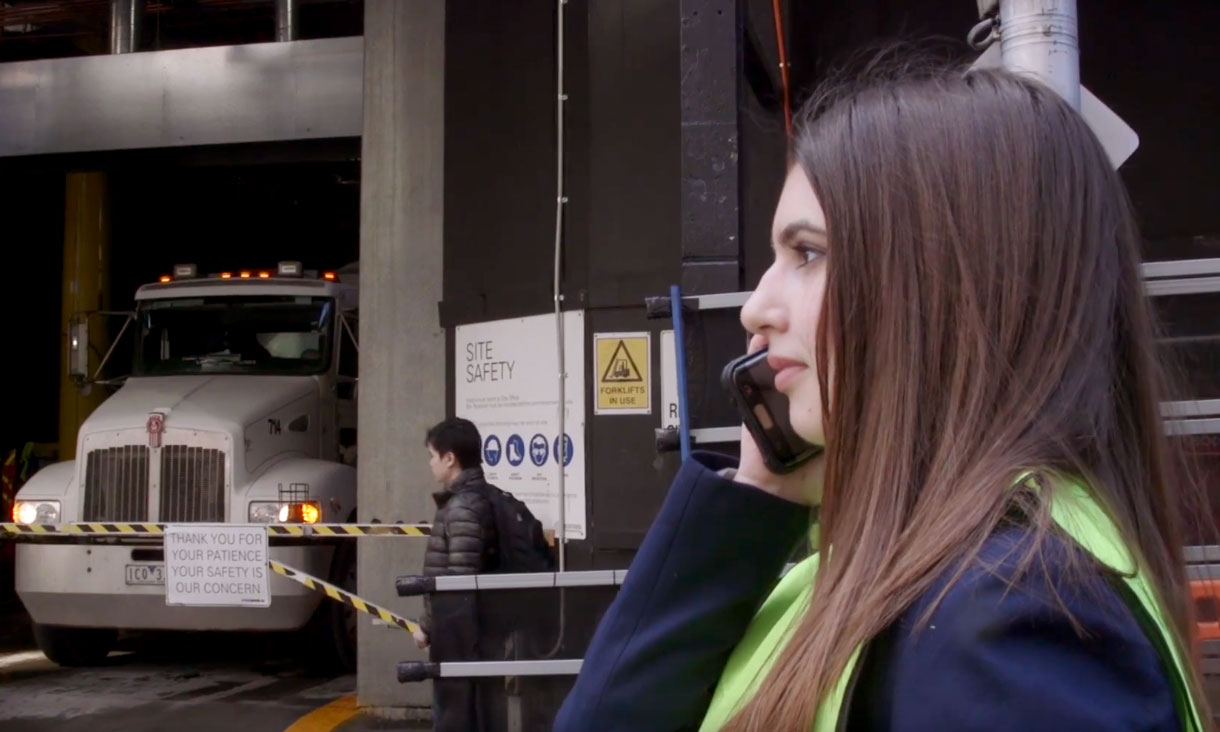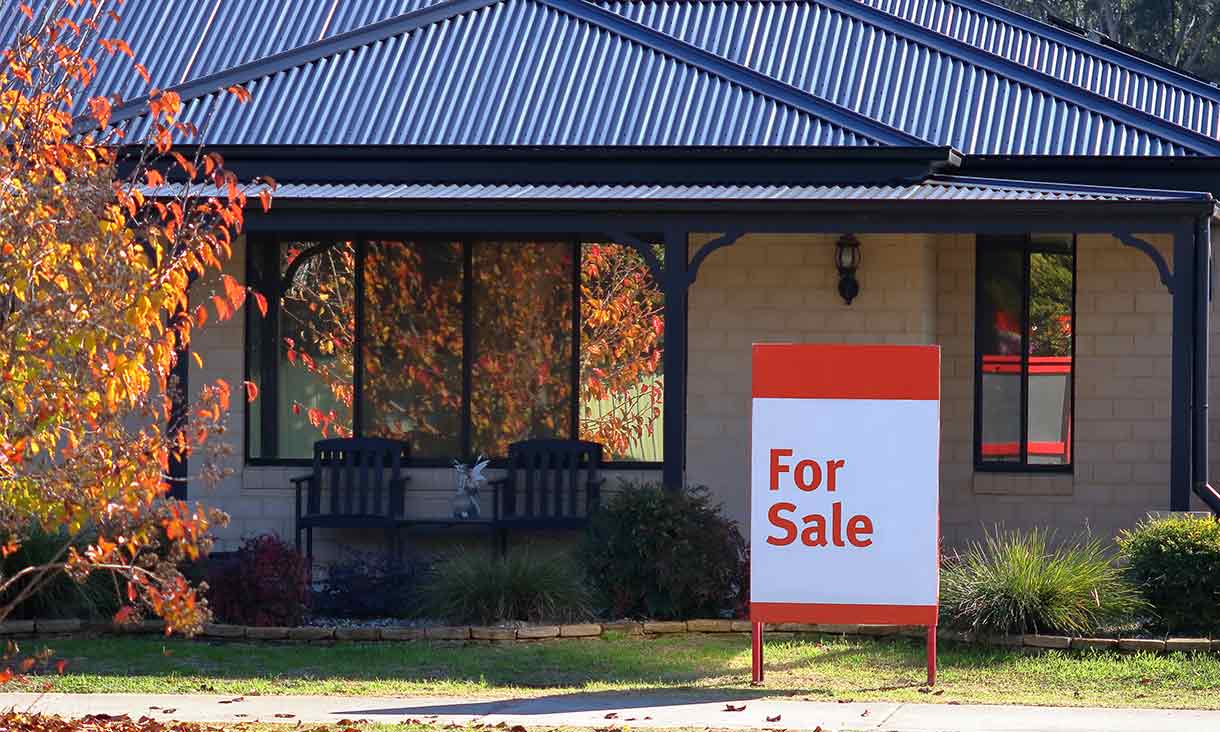Bachelor of Property Development, Investment and Valuation (Honours)
In this degree, you will gain the ability to understand all the factors around property ownership, management, investment, valuation and development so you are readily employable in Australia’s largest industry. You'll also learn how to communicate effectively with other built environment professionals, while developing your knowledge of related professions, such as project management, construction and urban planning.
Graduate Certificate in Property
The Graduate Certificate in Property has been designed to help you develop the essential knowledge and concepts to build a successful career in the property industry. You will acquire and apply critical knowledge of management theories and property concepts across the property sectors, including valuation.
Graduate Diploma in Property
Through this diploma, you will learn to apply knowledge of property theory and concepts to the local and global professional arena, demonstrating evidenced-based judgement and ethical decision-making. You will develop the ability to respond to emerging trends and organisational needs across the sector, and you will learn to analyse property data and information from diverse sources, think critically, conduct research, and apply investment and valuation techniques.
Master of Property
This Masters has been designed to enable you to critically engage with contemporary property theory, apply your knowledge and skills to creatively address industry problems, and to realise business opportunities across the corporate and residential sectors. You will develop the skills to apply your teamwork and management skills to formulate industry solutions, and provide informed, evidence-based decision-making.





